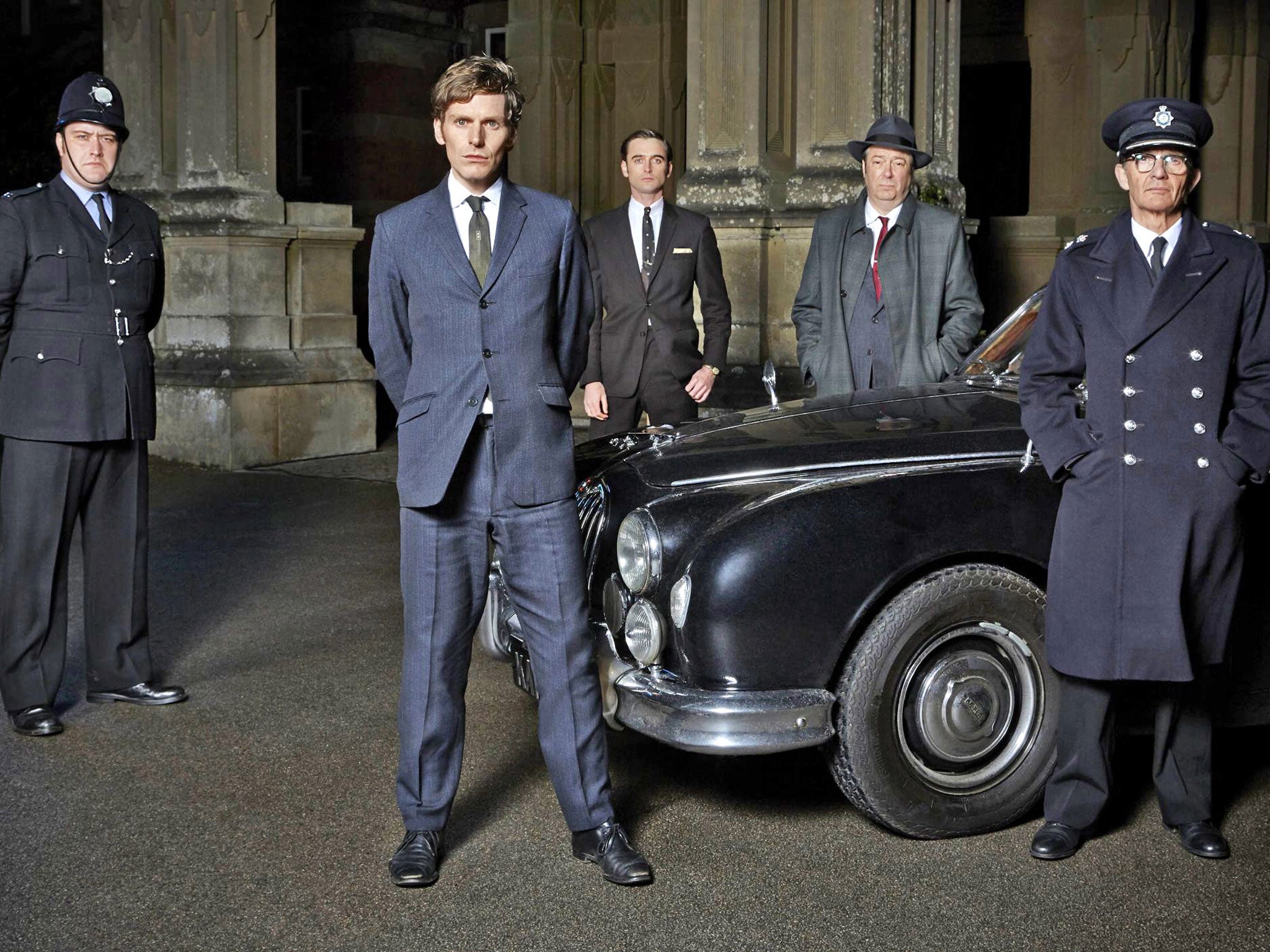Endeavour TV Review: Shaun Evans is impressively understated as young Morse

Your support helps us to tell the story
From reproductive rights to climate change to Big Tech, The Independent is on the ground when the story is developing. Whether it's investigating the financials of Elon Musk's pro-Trump PAC or producing our latest documentary, 'The A Word', which shines a light on the American women fighting for reproductive rights, we know how important it is to parse out the facts from the messaging.
At such a critical moment in US history, we need reporters on the ground. Your donation allows us to keep sending journalists to speak to both sides of the story.
The Independent is trusted by Americans across the entire political spectrum. And unlike many other quality news outlets, we choose not to lock Americans out of our reporting and analysis with paywalls. We believe quality journalism should be available to everyone, paid for by those who can afford it.
Your support makes all the difference.An underground stream, a protest at a beauty pageant, a suicidal con artist and some stolen medieval treasure. They're all connected, of course, but it took the mind of Morse to work out how, in this second-series opener of Endeavour (Sun ITV).
If you thought John Thaw's Morse was improbably clever, his younger self in this Sixties-set prequel really does test credulity – and not just the viewer's. "Tying in a suicide to a missing girl off the back of a single word? You've got to admit that's a stretch even by your standards," said Inspector Thursday after Morse presented his latest theory. All TV detectives are set apart from the run-of-the-mill plod, but this goes double for Morse's Endeavour incarnation (an impressively understated Shaun Evans). For viewers familiar with the middle-aged grump Morse will become, it's almost like watching a modern policeman on loan to a 1960s police force.
That sensation was particularly apparent in this Women's Lib-themed episode. The proto-feminist Morse admired the female candidate for Parliament and found the sexist don objectionable. Then again, by telling off the anti-pageant protester for "making a show" of herself, he also demonstrated patronising attitudes in step with the time – not to mention the genre. Ultimately, in these detective series, it's just as the sleazy beauty pageant agent put it: "One pretty girl is very much like another."
With DC Morse busy debating feminist theory and Anglo-Saxon history with the academics, his superior was left to deal with the rough stuff. Roger Allam is so good as the kindly and competent Inspector Thursday, it's hard to believe the same man was also perfect as cowardly cynic Peter Mannion MP in The Thick of It. In last night's episode, an alleyway set-to with two London gangsters gave Thursday a chance to show off his gentlemanly menace. "I'll have to take off my hat..." he warned them. Needless to say, they soon complied with his wishes.
The strands of the plot were eventually tied up in an ending that borrowed eclectically and unexpectedly from 2003 Korean film Oldboy, and early series of Mad Men. It was a very satisfactory two hours of television. The only shame is that the smarmy Oxford don didn't get his comeuppance. Now there's a man worth taking your hat off for.
If Morse's references to Historia ecclesiastica gentis Anglorum sparked an interest in eighth-century Christianity, Border Country: the Story of Britain's Lost Middleland (Sun BBC2) was the perfect place to pick up. Those who saw the programme title in their TV guide and hoped for a detailed discussion of Byker Grove and Irn-Bru consumption (just me?) were disappointed, but presenter Rory Stewart did have an intriguing theory to propose.
The academic, author and Tory MP believes that the line dividing Scotland and England is but "a pernicious scar first inflicted by the Romans 2000 years ago". Culturally and geographically, he said, this island divides into three sections, not two: Scotland in the North, England in the South and, in between, a lost "Middleland" stretching from the Humber to the Firth of Forth.
He made a compelling case, citing how Roman rule turned this Middleland into "a vast military-industrial zone", while the South enjoyed their baths and aqueducts. He also praised the creative contributions of medieval Northumberland (see Bede) and as a former deputy governor of Iraq was able to make some mildly offensive comparisons between pre-Roman Britain and modern-day Afghanistan.
One obvious and useful comparison was left unexplored: Hadrian's Wall, wild hinterlands, the North vs the South – it's all just Game of Thrones, right?
Join our commenting forum
Join thought-provoking conversations, follow other Independent readers and see their replies
Comments